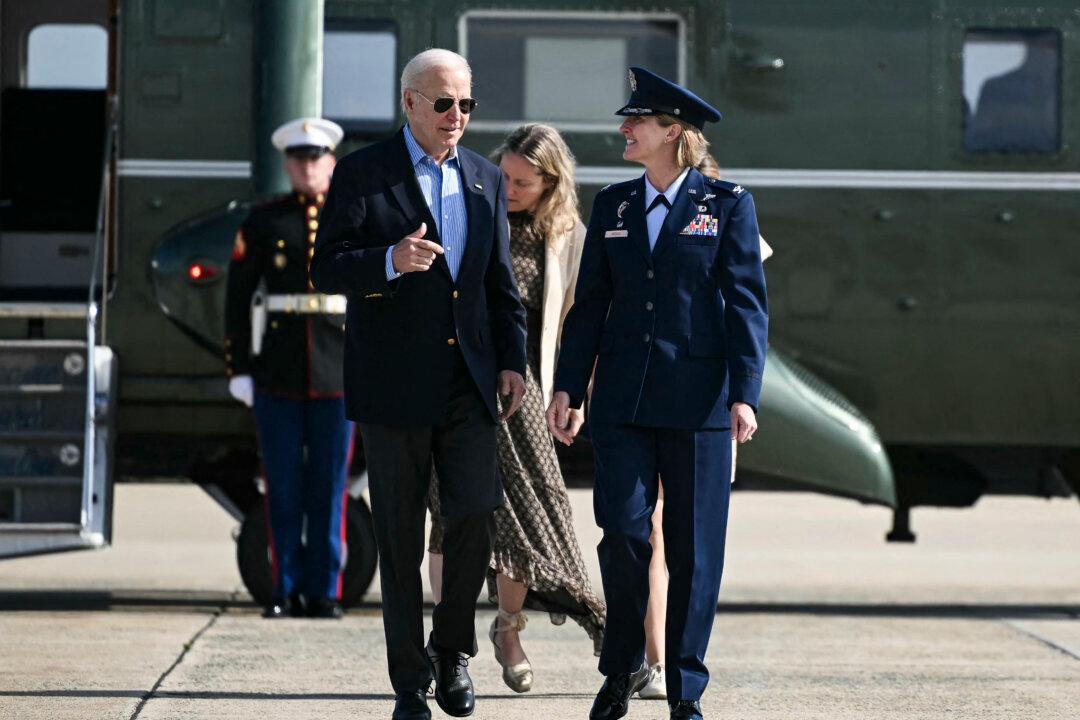PUGLIA, Italy—President Joe Biden is heading to Europe on June 12 to attend the Group of Seven (G7) summit, which will take place in southern Italy from June 13 to June 15.
The summit will be held in Puglia, also known as Apulia, a region located at the heel of Italy’s boot-shaped peninsula, famous for its rich history, sandy beaches, and olive oil production.





